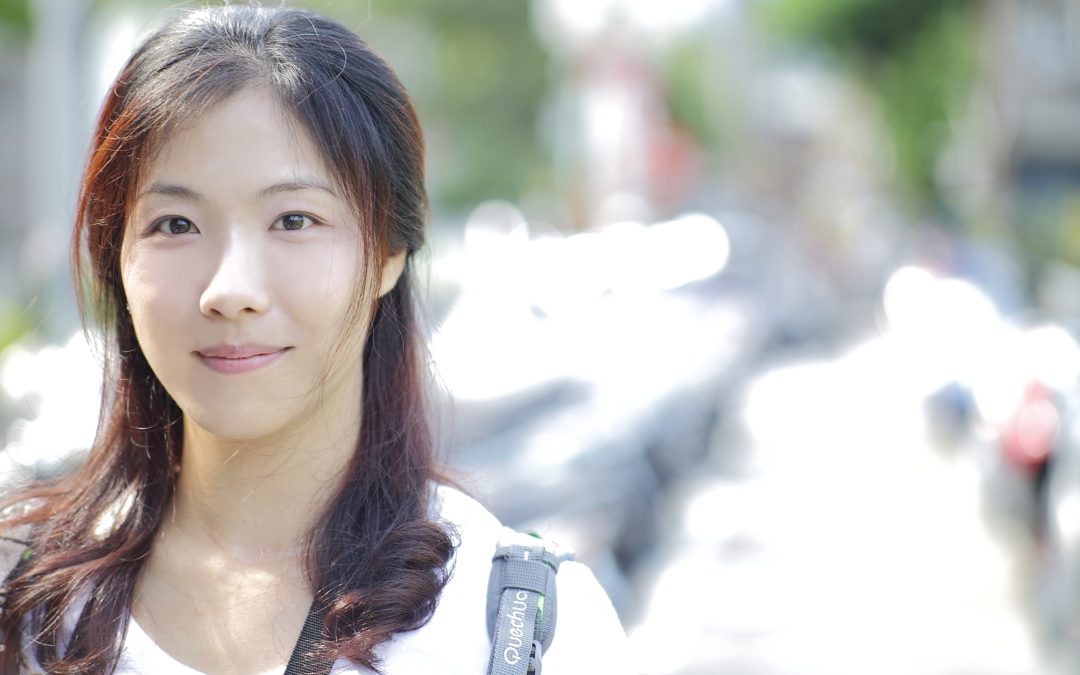
Margaret’s Staff Saves Lives
Margaret’s Staff Saves Lives
National Recovery Month
Did you know that September is National Recovery Month? During the month of September, Canadians in recovery from addiction join with friends and family to build awareness, challenge societal stigma, and celebrate the role that recovery plays in improving the lives of individuals, families, workplaces and communities.
Margaret’s has always placed importance on harm-reduction and crisis intervention. Because of people like you, clients that typically face barriers to the supports they need are never turned away. Our stance on harm-reduction is enforced through regular training and a shared compassion and understanding among staff.
Here’s a story about how supporters like you, make a difference in the lives of Toronto’s most vulnerable. As a team, we’re committed to ensuring that clients get the help they need without feeling ashamed of their circumstances.
Last September, a year from today, Margaret’s drop-in staff took part in Naloxone training (Naloxone is medication that completely or partially reverses the effects of an opioid overdose). It was an effort to address the issue of excessive drug use by drop-in clients and to protect those suffering with an addiction.
About two weeks after the training, some of our clients ran into the drop-in centre and frantically yelled for help. Margaret’s staff responded immediately and ran outside to find a regular client unconscious, and presumably dead, in a nearby alleyway. At 70 years old, he had overdosed and lay still on the pavement. Without hesitation, the drop-in staff reacted swiftly and applied the Naloxone training, bringing the man back to life. Within seconds, emergency responders came rushing in and transported the client safely into the ambulance.
Margaret’s drop-in staff does more than offer immediate supports and referrals, they save lives. It takes a special kind of person to not only react immediately in unknown and difficult situations, but also to support those who have lost hope in themselves.








